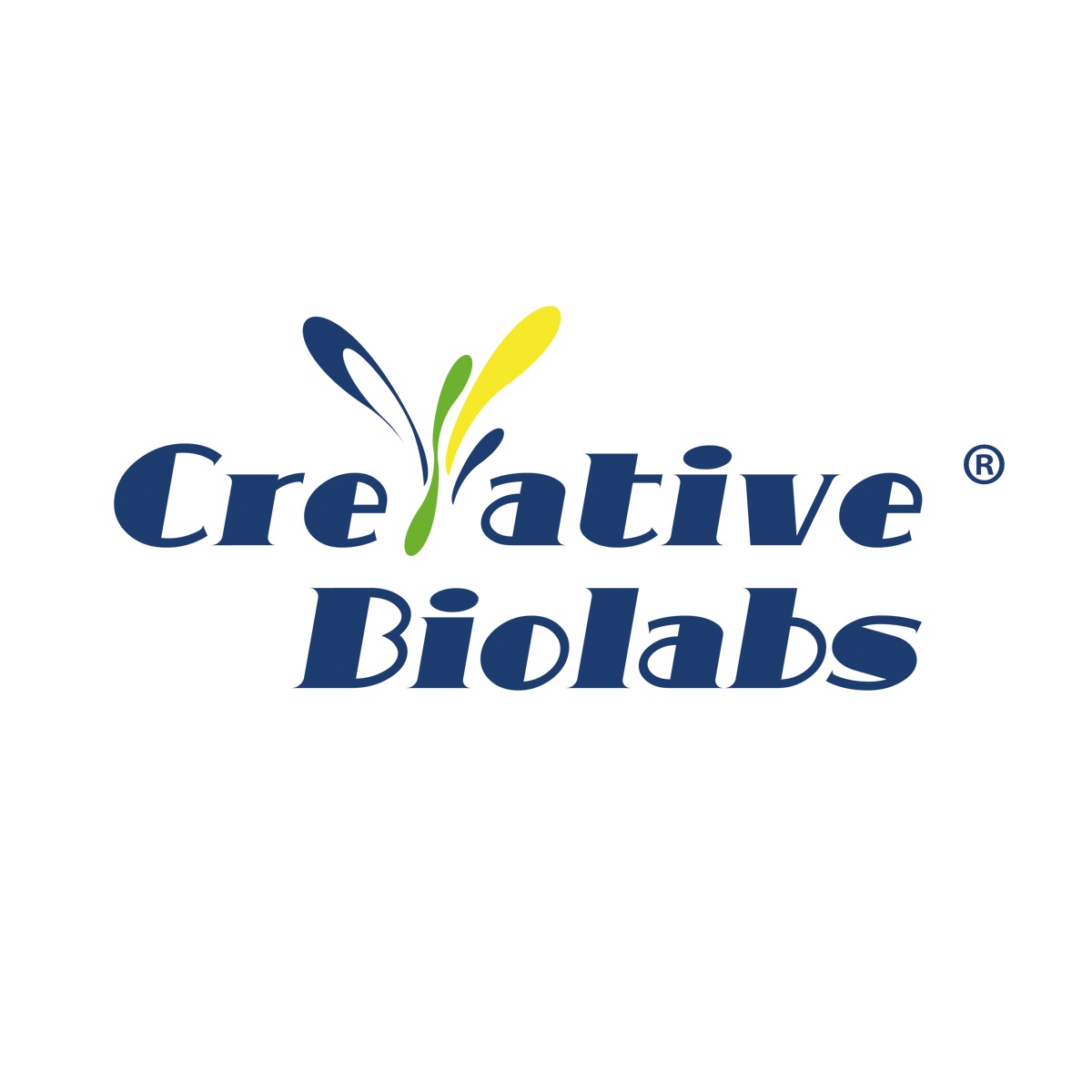CYP7B1 / Alexa Fluor 488 / M17-P3F2
Product Details
| Description | This product is a mouse antibody that recognizes CYP7B1. The antibody M17-P3F2 can be used for immunoassay techniques such as: WB, ELISA, IHC. | |
|---|---|---|
| Conjugate | Alexa Fluor 488 | |
| Clone | M17-P3F2 | |
| Target Species | Human | |
| Applications | ELISA, WB, IHC | |
| Supplier | Creative Biolabs | |
| Catalog # | Sign in to view product details, citations, and spectra | |
| Size | ||
| Price | ||
| Antigen | ||
| Host | ||
| Isotype |
About CYP7B1
This gene encodes a member of the cytochrome P450 superfamily of enzymes. The cytochrome P450 proteins are monooxygenases which catalyze many reactions involved in drug metabolism and synthesis of cholesterol, steroids and other lipids. This endoplasmic reticulum membrane protein catalyzes the first reaction in the cholesterol catabolic pathway of extrahepatic tissues, which converts cholesterol to bile acids. This enzyme likely plays a minor role in total bile acid synthesis, but may also be involved in the development of atherosclerosis, neurosteroid metabolism and sex hormone synthesis. Mutations in this gene have been associated with hereditary spastic paraplegia (SPG5 or HSP), an autosomal recessive disorder. [provided by RefSeq, Apr 2016]
This gene encodes a member of the cytochrome P450 superfamily of enzymes. The cytochrome P450 proteins are monooxygenases which catalyze many reactions involved in drug metabolism and synthesis of cholesterol, steroids and other lipids. This endoplasmic reticulum membrane protein catalyzes the first reaction in the cholesterol catabolic pathway of extrahepatic tissues, which converts cholesterol to bile acids. This enzyme likely plays a minor role in total bile acid synthesis, but may also be involved in the development of atherosclerosis, neurosteroid metabolism and sex hormone synthesis. Mutations in this gene have been associated with hereditary spastic paraplegia (SPG5 or HSP), an autosomal recessive disorder. [provided by RefSeq, Apr 2016]
About Alexa Fluor 488
Alexa Fluor™ 488 (AF488, Alexa 488) has an excitation peak at 488 nm and an emission peak at 496 nm, and is considered a high-performance alternative to FITC. Alexa 488 is one of the most popular Alexa Fluor™ dyes and is widely used in Fluorescence Microscopy, flow cytometry, and for staining low expression markers. It is bright, highly photostable, resistant to pH changes, and less susceptible to photobleaching. Alexa 488 and is similar in size, brightness and application to DyLight™ 488, iFluor® 488 and CF®488A.
Alexa Fluor™ 488 (AF488, Alexa 488) has an excitation peak at 488 nm and an emission peak at 496 nm, and is considered a high-performance alternative to FITC. Alexa 488 is one of the most popular Alexa Fluor™ dyes and is widely used in Fluorescence Microscopy, flow cytometry, and for staining low expression markers. It is bright, highly photostable, resistant to pH changes, and less susceptible to photobleaching. Alexa 488 and is similar in size, brightness and application to DyLight™ 488, iFluor® 488 and CF®488A.
Experiment Design Tools
Panel Builders
Looking to design a Microscopy or Flow Cytometry experiment?
Validation References
Reviews & Ratings
| Reviews |
|---|
Looking for more options?
130 CYP7B1 antibodies from over 15 suppliers available with over 29 conjugates.





